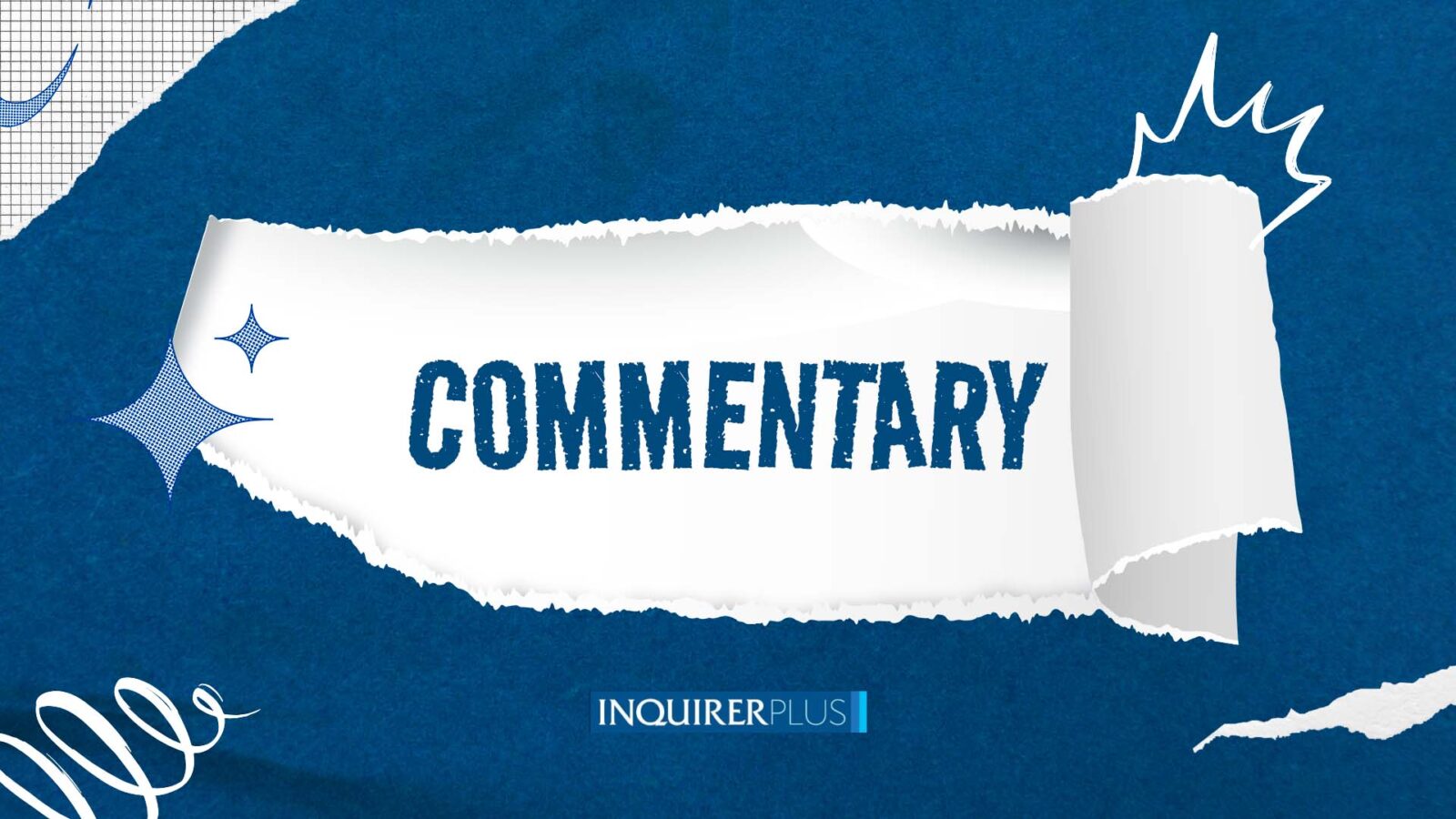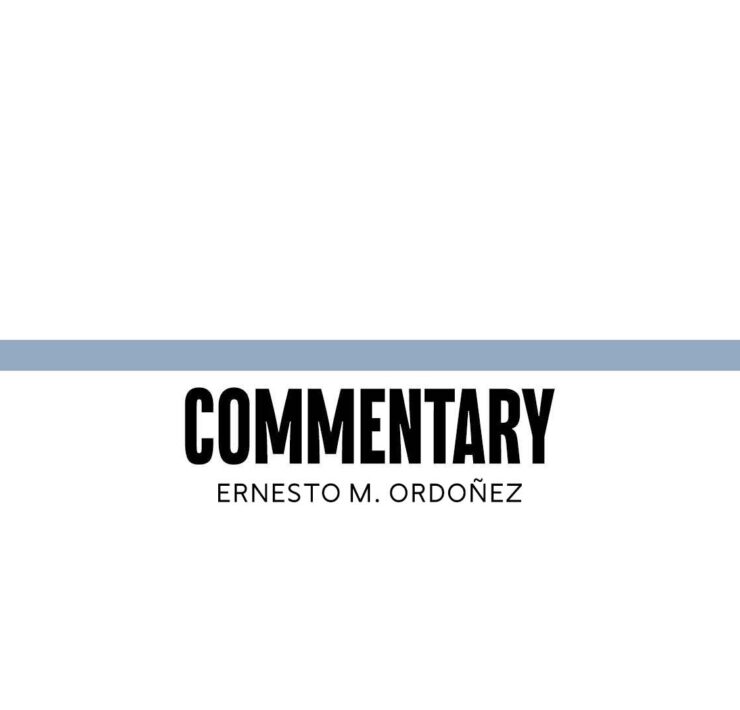When development ignores power

The drop in the country’s gross domestic product (GDP) growth to its lowest level in the third quarter of 2025 is more than just a number. It is a warning.
The government’s 8-Point Development Plan, once touted as the blueprint for inclusive growth, has begun to show its cracks.
The slowdown reflects not only global headwinds or fiscal constraints but the deeper weakness of a plan that treats development as a technical exercise rather than a political struggle.
Growth falters when power goes unchecked, and in the Philippines, it is power, not productivity, that decides who wins.
Our problem is not technical. It is political.
Policies do not collapse from poor design but from the quiet reality that those who should implement them often have no incentive to do so honestly.
The inferior performance of the economy is therefore self-inflicted.
Economists often explain corruption as a principal—agent problem. Citizens are the principals while government officials are the agents. We expect them to serve us, but sometimes they serve themselves.
In this framework, institutions are sound. When corruption happens, it is a matter of information asymmetry, as these are made in secret. Stronger oversight, digital monitoring and performance audits are thus enough to correct it.
That is the logic behind many parts of the 8-Point Development Plan. It assumes that corruption is a management issue—a problem of inefficiency, not of ownership.
But what if the system itself has already been captured?
This is where state capture begins.
Captured state
In a captured state, the rules are not broken but are written to serve the few who hold power. The institutions meant to ensure fairness become the instruments that sustain inequality.
The most visible symptom of this capture is the budget insertion, the now routine “realignment” of funds after congressional approval. What used to be a legislative oversight tool has become a political weapon. Billions are quietly slipped into line items for roads, bridges and flood control projects whose contractors and beneficiaries are conveniently tied to certain political families.
This is not simple graft. It is power institutionalized.
Once budget insertions are normalized, the budget itself—the nation’s most important policy document—turns into a market of political favors.
Development priorities no longer follow national needs; they follow electoral maps. The result is an economy designed to feed dynasties, not citizens.
The flood control scandal is the perfect metaphor. Projects meant to protect people from rising waters have instead flooded the bureaucracy with corruption. Funds meant for safety became sources of patronage.
What was supposed to save communities from climate risk has become a monument to political greed. The water rises, and so does the wealth of those who built the walls too low and too weak.
This is what happens when a country confuses governance with control. Institutions that should serve the public become extensions of political clans. The bureaucracy adapts not to rules, but to relationships.
Even well-meaning policies like those in the 8-Point Development Plan are absorbed by a structure that rewards loyalty over competence.
In a captured state, the rules once meant to align the goals of the nation and its government are quietly rewritten.
What began as an agreement between the principal and its agents has been redesigned to serve the interests of the agents themselves, leaving the public with only the illusion of accountability.
The secret reversal by Ombudsman Samuel Martires of the 2018 dismissal of Sen. Joel Villanueva is a classic case of how accountability can be quietly undone to protect those in power.
Culture of impunity
This results from a culture of impunity that took root during prior years, when power was exercised with little regard for consequence. This mindset that leaders can do as they please has lingered.
It explains why today, even with stronger budgets and better plans, we stay trapped.
Budget insertions also reflect that same impunity. They are legal in form but corrupt in spirit. They remind us that capture does not always look criminal. Sometimes it wears the face of process, wrapped in the language of governance.
This is why the difference between the principal—agent problem and state capture matters. The first can be managed through better monitoring. The second demands political courage.
You cannot fix state capture with transparency reports or new digital platforms. The people writing the rules are the same ones breaking them.
The 8-Point Development Plan, assumes a clean state machinery, imperfect but capable of acting in the national interest. But when power is captured, every reform risks being weaponized. Infrastructure, agriculture, even social protection, can be bent to serve the few.
What the plan must confront is this: economic progress cannot coexist with political monopoly.
A captured state is one where corruption has become cheap, predictable and quietly tolerated. Once corruption becomes cheap, honesty becomes expensive.
The way out is not just better budgeting or stronger audits. It is rebuilding integrity from the top down and the bottom up.
That means enforcing real accountability, even when it hurts the powerful. It means insulating budget decisions from patronage. It means teaching future public servants that integrity is not a moral ornament but the foundation of growth.
The disappointing GDP growth last quarter should surprise no one.
The warning signs were already there—in the government’s ballooning debt, the widening trade deficit and the swelling budget that masks inefficiency with size.
Power grabs have long distorted how the economy works, but the revelations from the recent scandals show that this distortion is no longer random. It is systemic.
The 8-Point Development Plan treats corruption and capture as background noise in an otherwise sound system, but the truth is harder to face: the noise has become the signal, and it is the signal of decline.
Leonardo A. Lanzona Jr. is professor of economics at the Ateneo de Manila University. He is a lead editor of the September 2025 issue of Millennial Asia on the Philippine Development Crisis.





















Mangroves matter